Find Help
More Items From Ergsy search
-
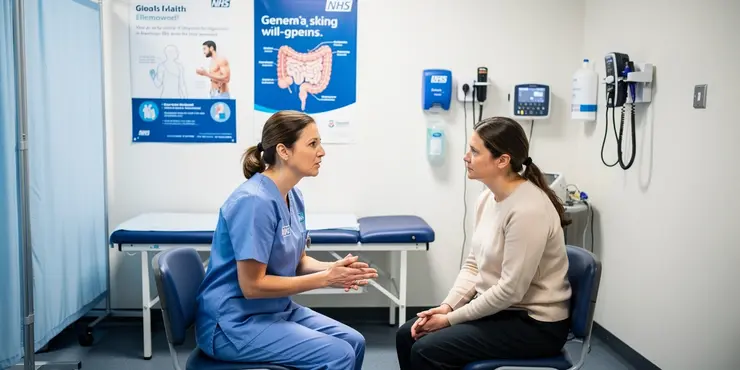
Symptoms of irritable bowel syndrome (IBS)
Relevance: 100%
-
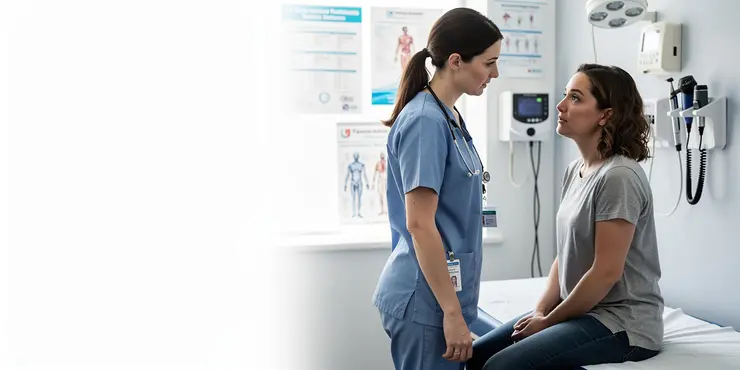
What is irritable bowel syndrome (IBS)?
Relevance: 99%
-
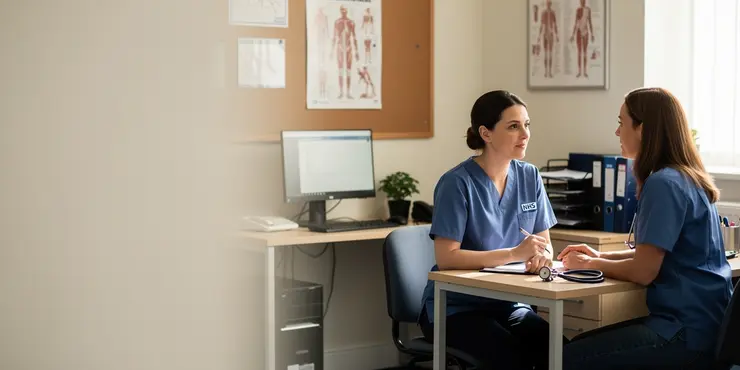
About irritable bowel syndrome (IBS)
Relevance: 97%
-
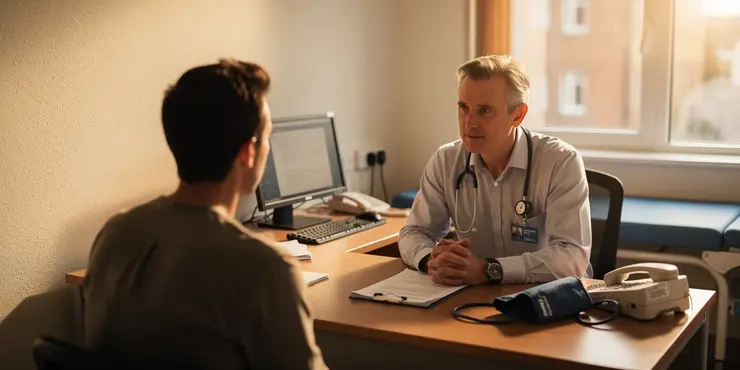
Diagnosing irritable bowel syndrome (IBS)
Relevance: 97%
-
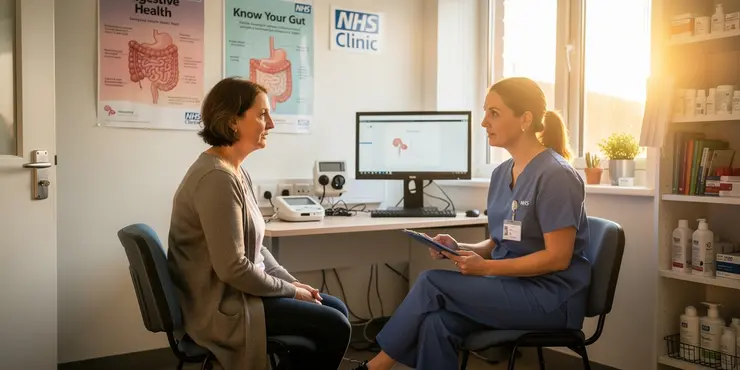
About irritable bowel syndrome (IBS)
Relevance: 97%
-
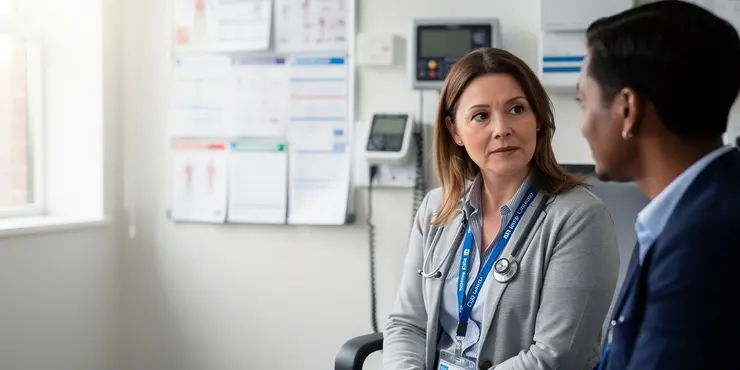
What is irritable bowel syndrome (IBS)?
Relevance: 96%
-
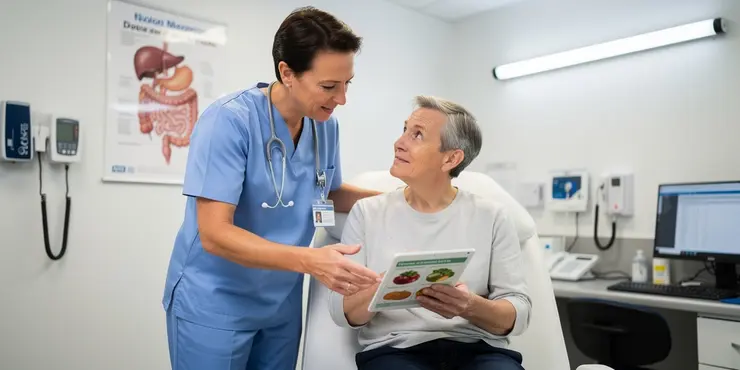
Treating irritable bowel syndrome (IBS)
Relevance: 93%
-
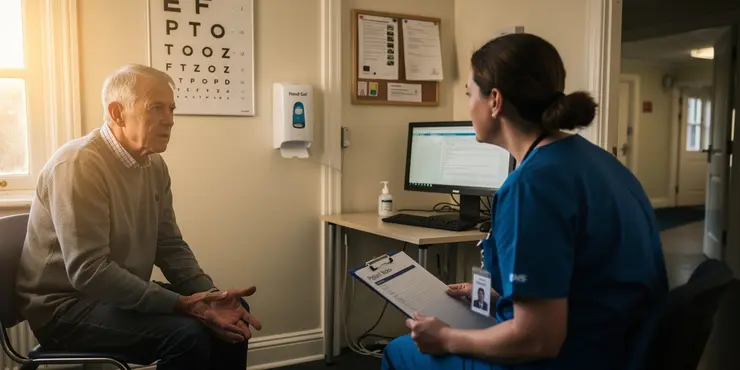
Causes of irritable bowel syndrome (IBS)
Relevance: 93%
-
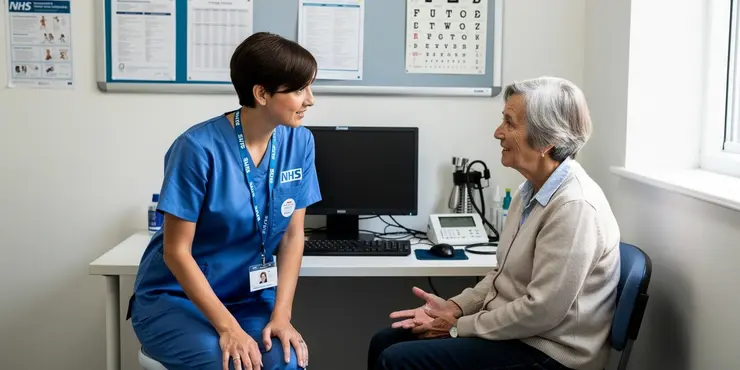
Causes of irritable bowel syndrome (IBS)
Relevance: 90%
-
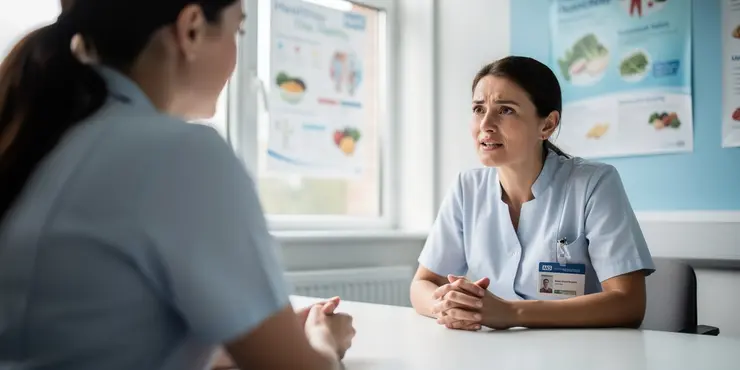
Treating irritable bowel syndrome (IBS)
Relevance: 87%
-

Symptoms of irritable bowel syndrome (IBS)
Relevance: 85%
-
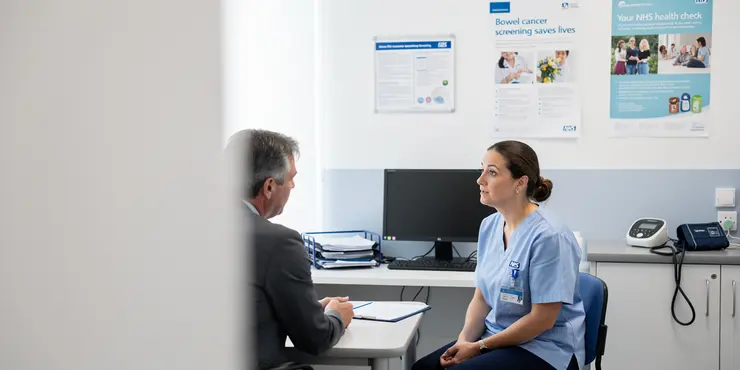
Taking a Genetic Family History - The Conversation (Bowel Cancer)
Relevance: 48%
-
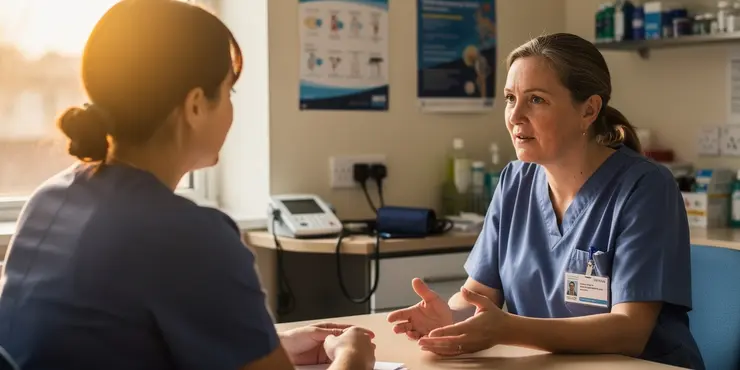
What are the side effects of bowel cancer treatment?
Relevance: 48%
-

Why is there a surge in bowel cancer?
Relevance: 47%
-
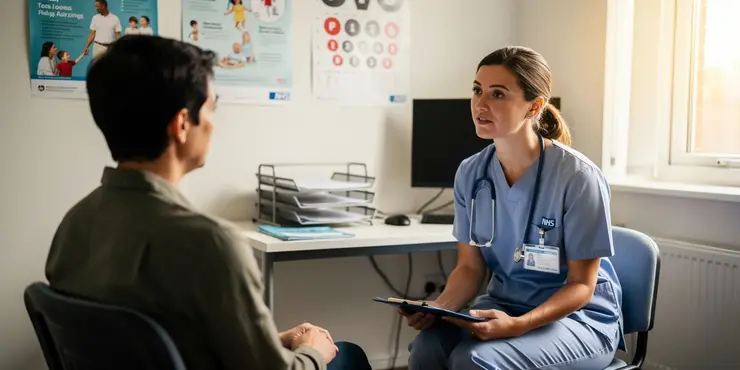
How does family history affect the risk of bowel cancer?
Relevance: 46%
-
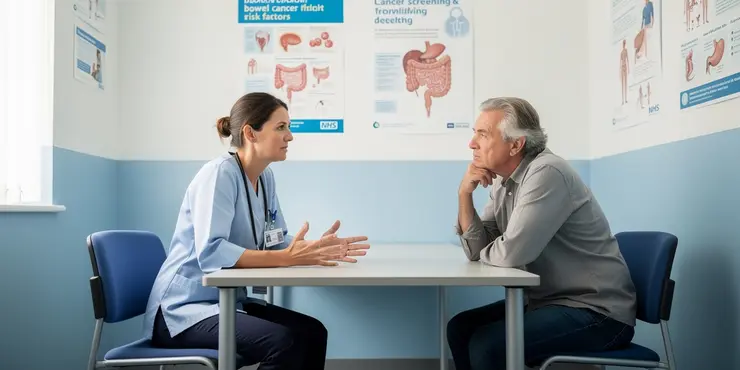
What are the risk factors for bowel cancer?
Relevance: 45%
-
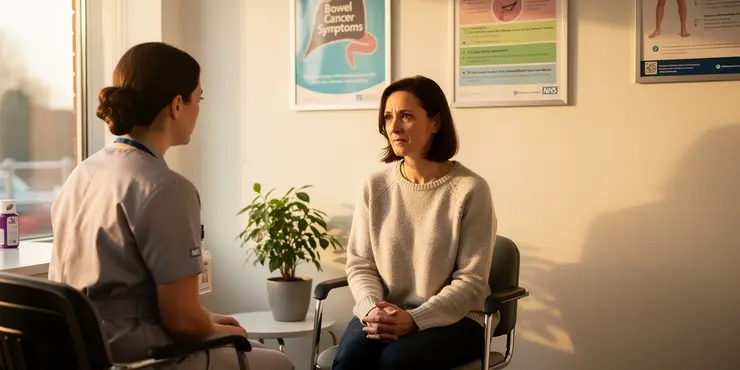
What is Bowel Cancer?
Relevance: 44%
-
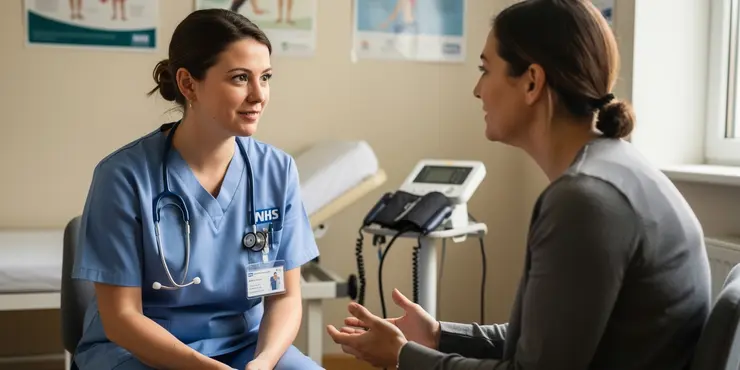
How common is bowel cancer?
Relevance: 41%
-
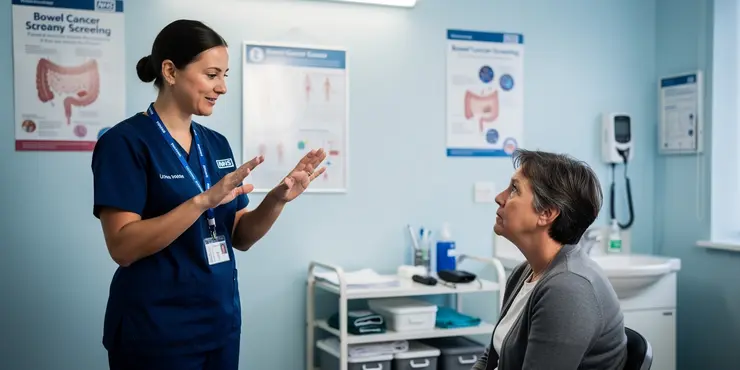
Learn about bowel cancer (British Sign Language version)
Relevance: 41%
-
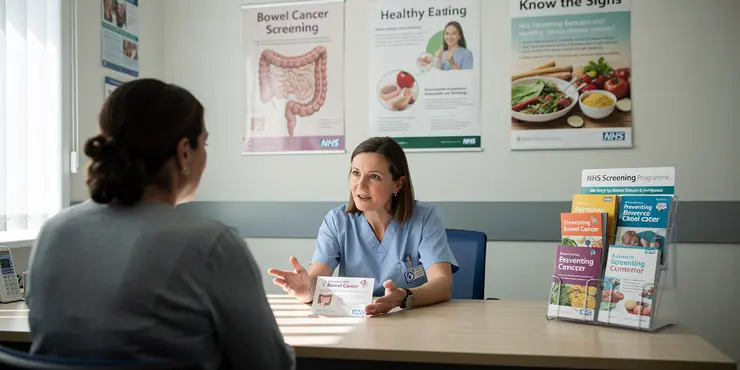
Can bowel cancer be prevented?
Relevance: 41%
-
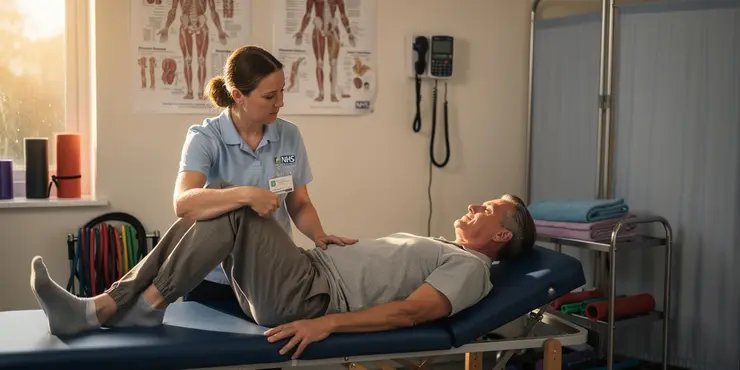
Exercises for sciatica: piriformis syndrome | NHS
Relevance: 40%
-
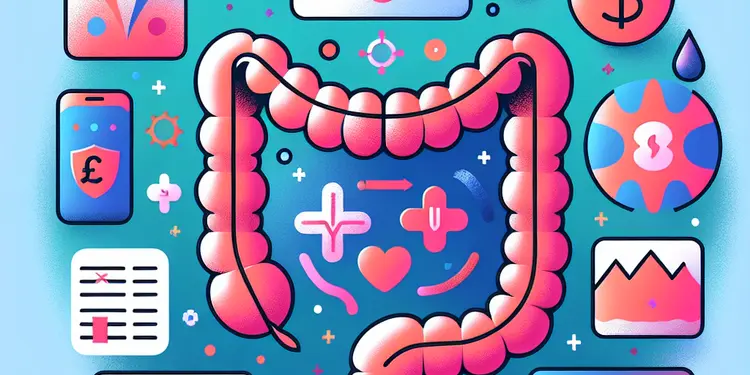
What factors are contributing to the increase in bowel cancer cases?
Relevance: 39%
-
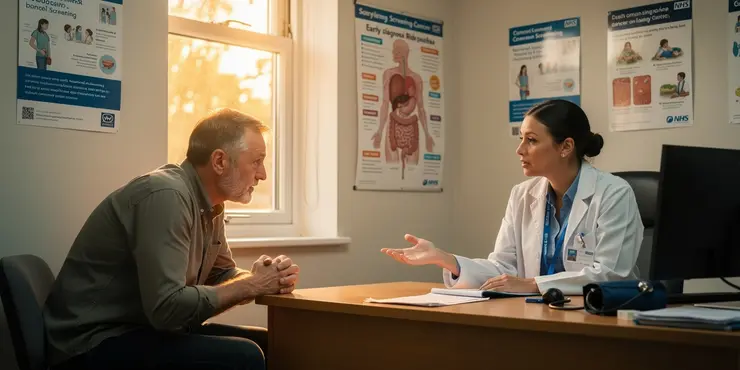
How is bowel cancer diagnosed?
Relevance: 39%
-

Is diet linked to the rise in bowel cancer?
Relevance: 38%
-
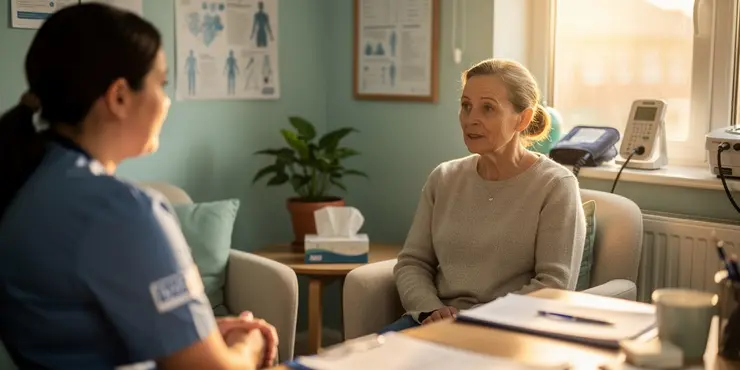
What is Cushing's syndrome?
Relevance: 38%
-
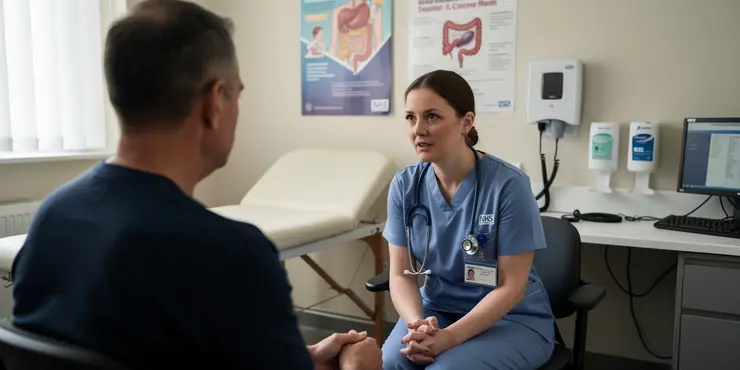
What is the survival rate for bowel cancer?
Relevance: 38%
-
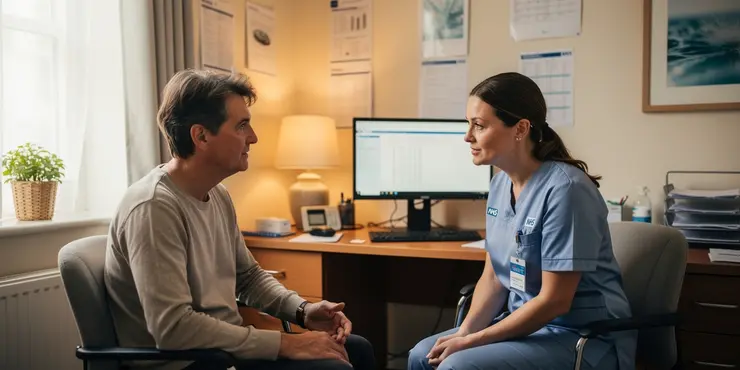
Munchausen's syndrome | NHS
Relevance: 37%
-

Are younger people being diagnosed with bowel cancer more frequently?
Relevance: 37%
-
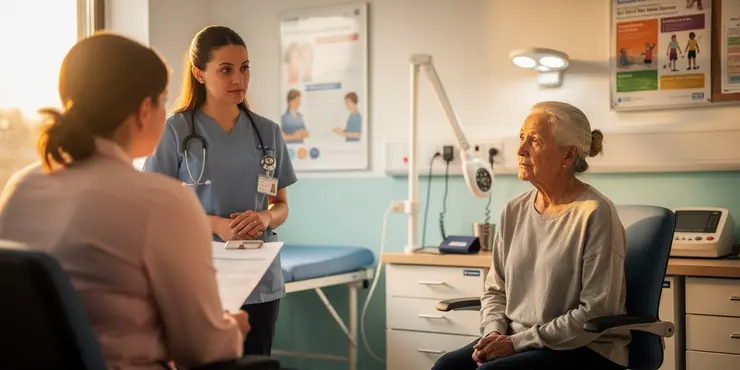
Bowel cancer - Symptoms and signs to look out for
Relevance: 37%
-
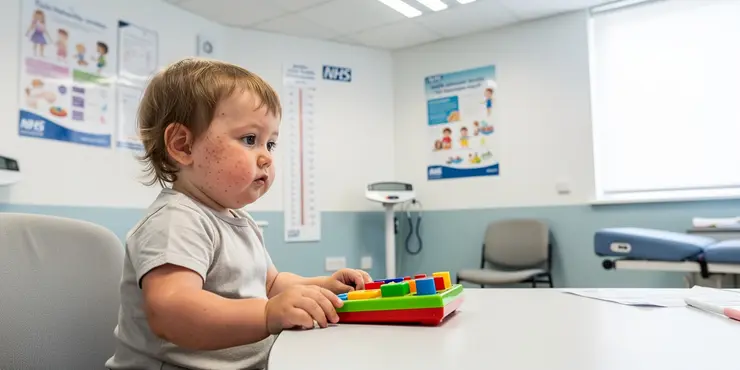
Prader-Willi Syndrome | NHS
Relevance: 37%
-
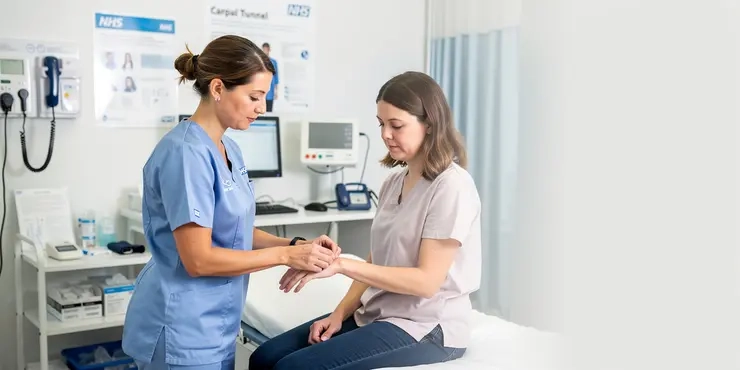
Carpal Tunnel Syndrome
Relevance: 36%
-
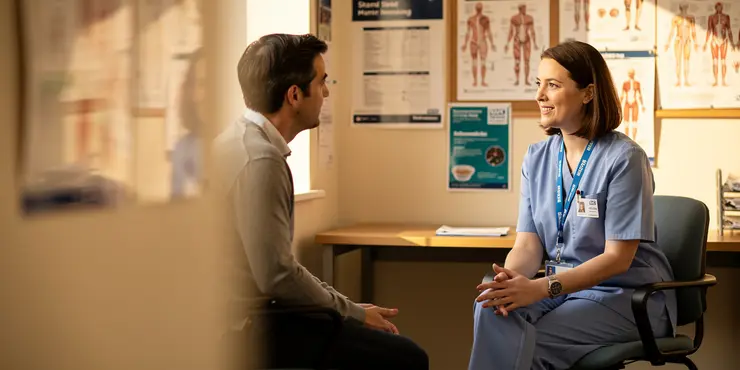
What treatment options are available for bowel cancer?
Relevance: 36%
-
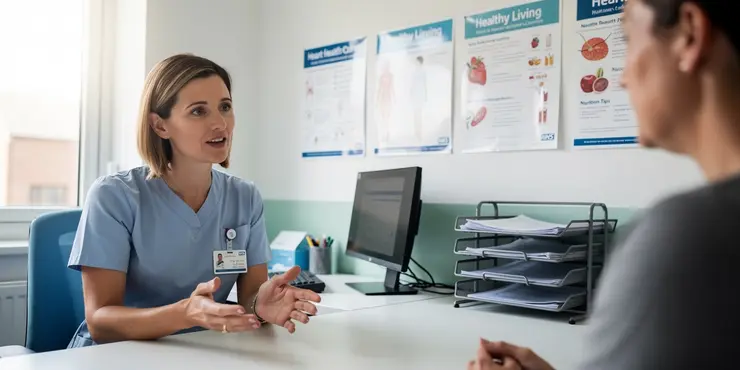
What lifestyle changes can help lower the risk of bowel cancer?
Relevance: 36%
-
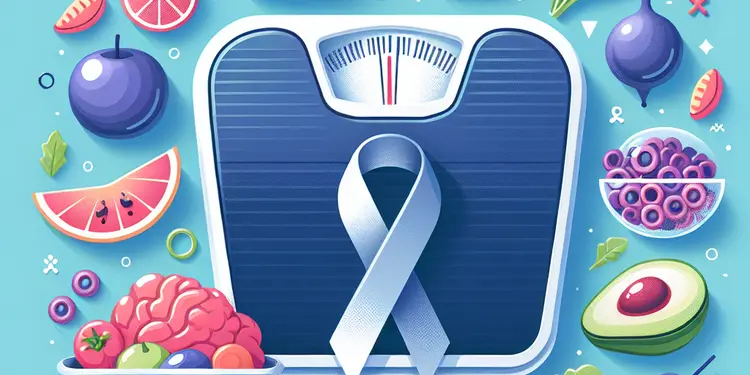
How does obesity affect bowel cancer rates?
Relevance: 36%
-
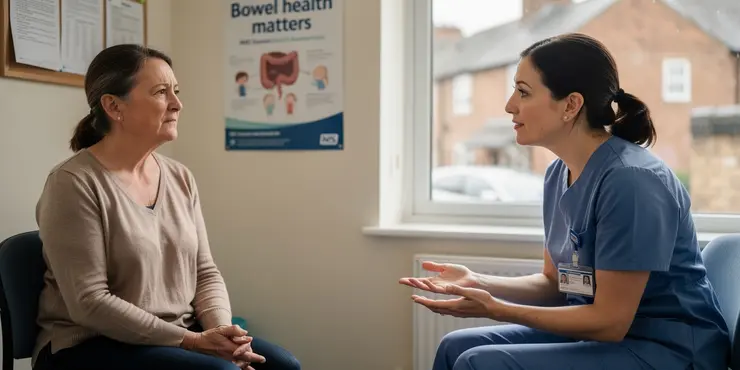
Can bowel cancer spread to other parts of the body?
Relevance: 35%
-
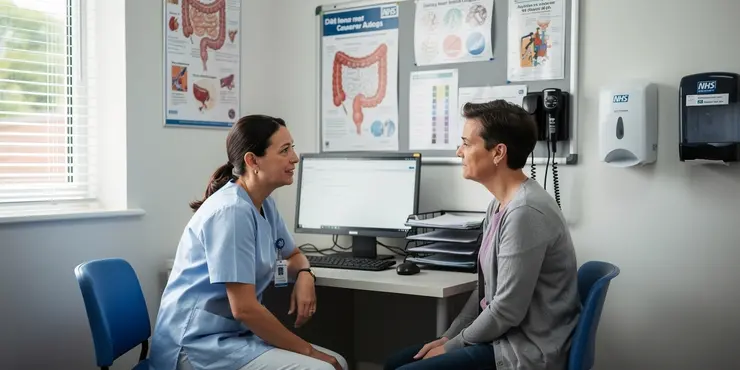
How is the stage of bowel cancer determined?
Relevance: 35%
-
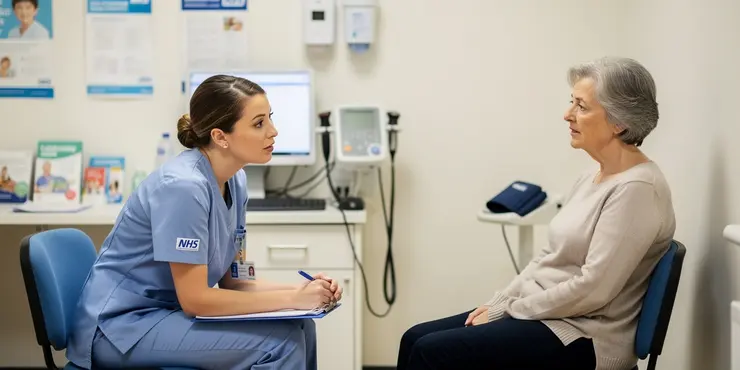
Bowel Cancer
Relevance: 35%
-

Are there specific benefits of exercise for bowel cancer survivors?
Relevance: 35%
-
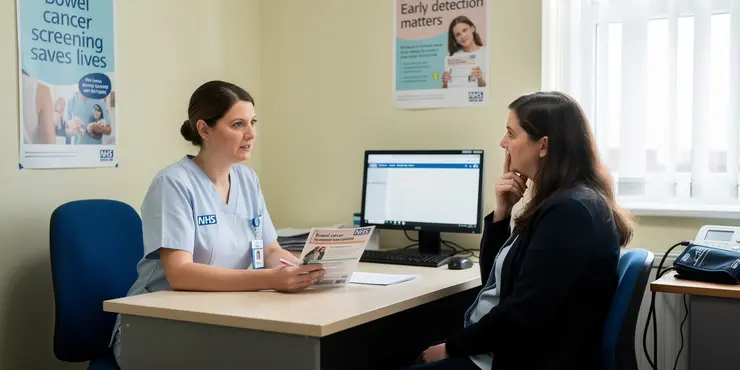
Bowel Cancer
Relevance: 35%
-

How does exercise impact bowel cancer progression?
Relevance: 35%
What is Irritable Bowel Syndrome (IBS)?
Introduction to IBS
Irritable Bowel Syndrome (IBS) is a common gastrointestinal disorder that affects the large intestine. It is characterized by a group of symptoms that typically occur together, including abdominal pain, bloating, and changes in bowel habits such as diarrhoea or constipation. The condition can significantly impact the quality of life, but it does not cause permanent damage to the intestines nor does it lead to more serious diseases such as cancer.Causes of IBS
While the exact cause of IBS remains unknown, it is believed to be a result of a combination of factors including genetics, gut-brain interaction, gut motility issues, hypersensitivity, and previous gut infections. Stress and diet can also play significant roles in triggering symptoms. There is also evidence suggesting that women are more likely to suffer from IBS than men, and symptoms often begin before the age of 50.Symptoms
IBS symptoms can vary greatly from person to person and can fluctuate over time. Common symptoms include:- Abdominal pain or cramping
- Bloating and gas
- Diarrhoea or constipation - sometimes alternating between the two
- Mucus in the stool
- Chronic fatigue
- Nausea
Diagnosis
Diagnosing IBS typically involves a comprehensive review of symptoms and medical history, along with physical examinations and tests to rule out other conditions. There is no specific test for IBS, but doctors may recommend blood tests, stool tests, or colonoscopy to exclude other causes for the symptoms.Treatment and Management
There is no cure for IBS, but many people find relief through proper management of the condition. Treatment strategies often include dietary changes, such as following a low FODMAP diet, increasing fibre intake, and avoiding trigger foods. Medications such as antispasmodics, laxatives, or antidiarrhoeals may also be prescribed.Living with IBS in the UK
In the UK, there are various resources available to help individuals manage IBS. The NHS provides guidelines and support services, and numerous support groups and organisations offer information and community support. Consulting with healthcare providers, including general practitioners and dietitians, can be crucial in managing symptoms effectively. By understanding IBS and following a tailored management plan, many people can successfully control their symptoms and improve their quality of life.What is Irritable Bowel Syndrome (IBS)?
Introduction to IBS
Irritable Bowel Syndrome, or IBS, is a common problem with the large intestine. It causes tummy pain, bloating, and changes in how you go to the toilet, like having diarrhea or being constipated. It can make life uncomfortable, but it doesn’t damage the intestines or lead to serious diseases like cancer.Causes of IBS
We don't know exactly what causes IBS. It may be due to things like genes, how the brain talks to the gut, or things going too fast or slow in your tummy. Stress and certain foods can also make IBS worse. IBS is more common in women and usually starts before they turn 50.Symptoms
IBS symptoms can be different for each person and can change over time. Common symptoms include:- Tummy pain or cramping
- Feeling bloated and passing gas
- Diarrhea or constipation, sometimes both at different times
- Mucus in your poop
- Feeling very tired
- Feeling sick (nausea)
Diagnosis
Doctors diagnose IBS by looking at your symptoms and your medical history. They might also do some tests, like blood or stool tests, to make sure it's not something else. There isn’t a specific test for IBS.Treatment and Management
There is no cure for IBS, but you can feel better with the right care. This includes changing what you eat, like eating a low FODMAP diet, adding more fiber, and avoiding foods that upset your stomach. Medicines may also help.Living with IBS in the UK
In the UK, there are many resources to help people with IBS. The NHS provides help and advice. Support groups can offer information and connect you with others. Talking to doctors and dietitians is important for managing symptoms. By learning about IBS and following a care plan, many people can feel better and enjoy life more.Frequently Asked Questions
What is Irritable Bowel Syndrome (IBS)?
Irritable Bowel Syndrome (IBS) is a common digestive disorder that affects the large intestine, causing symptoms like abdominal pain, bloating, diarrhoea, and constipation.
What causes IBS?
The exact cause of IBS isn't known, but potential triggers include food intolerances, stress, hormonal changes, and gastrointestinal infections.
How is IBS diagnosed?
IBS is diagnosed based on symptoms and medical history. Doctors may also conduct blood tests, stool tests, and other examinations to rule out other conditions.
What are the common symptoms of IBS?
Common symptoms include abdominal pain or cramping, bloating, gas, diarrhoea, constipation, and changes in bowel habits.
Is there a cure for IBS?
There is no cure for IBS, but symptoms can be managed through dietary changes, medications, and lifestyle modifications.
What foods should I avoid if I have IBS?
Individuals with IBS should avoid foods that can trigger symptoms, such as high-fat foods, caffeine, alcohol, and certain types of carbohydrates known as FODMAPs.
Can stress trigger IBS symptoms?
Yes, stress can exacerbate IBS symptoms. Techniques such as meditation, yoga, and counselling can help manage stress levels.
How can I manage IBS symptoms at home?
Managing IBS at home can include following a low-FODMAP diet, increasing fibre intake, staying hydrated, and regular physical activity.
Are there medications for IBS?
Yes, there are medications that can help manage IBS symptoms, including antispasmodics, laxatives, and medications for diarrhoea or constipation.
Can probiotics help with IBS?
Probiotics may help some people with IBS by improving gut health and reducing symptoms like bloating and gas.
Is IBS a chronic condition?
Yes, IBS is a chronic condition that requires ongoing management to control symptoms.
Can IBS lead to other health problems?
IBS itself does not lead to more serious diseases like cancer, but it can significantly impact quality of life and emotional well-being.
How common is IBS in the UK?
IBS is quite common in the UK, affecting up to one in five people at some point in their lives.
Can children have IBS?
Yes, children can also suffer from IBS, although it is more commonly diagnosed in adults.
Should I see a specialist for IBS?
You may need to see a gastroenterologist if your symptoms are severe or do not improve with initial treatments from your GP.
What is Irritable Bowel Syndrome (IBS)?
Irritable Bowel Syndrome, or IBS, is a tummy problem. It can make your tummy hurt or make you feel like you need to use the toilet more often.
If it is hard for you to read, you can ask someone to help you. You can also use audiobooks or apps that read out loud.
Irritable Bowel Syndrome, or IBS, is a tummy problem many people get. It makes your big intestine hurt. You might feel belly pain, bloat, need to go to the toilet a lot, or not be able to go at all.
What makes IBS happen?
Here are a few things that can make IBS happen:
- Stress: Feeling worried or nervous can make IBS worse.
- Food: Some foods can upset your tummy, like spicy food or chocolate.
- Illness: If you have had a tummy bug, it can sometimes lead to IBS.
- Brain signals: Sometimes the messages between your tummy and brain get mixed up.
To feel better, you can try:
- Relaxing: Taking deep breaths or doing a fun activity.
- Keeping a food diary: Write down what you eat to see if certain foods upset your tummy.
- Talking to a doctor: They can give advice and medicine if needed.
We don't know exactly what causes IBS (Irritable Bowel Syndrome), but some things might make it happen. These things include certain foods that upset your tummy, feeling stressed, changes in hormones, and tummy infections.
How do doctors know if you have IBS?
Doctors figure out if you have IBS by asking you questions about your tummy problems. They may ask if your tummy hurts, if you need the toilet a lot, or if you have hard poos. Sometimes they might check by doing a simple test.
If you're worried, talking to a doctor is the best idea. Drawing or talking about your symptoms can help explain how you feel. Remember, it's okay to ask questions and tell the doctor what's happening with your tummy.
Doctors find out if you have IBS by looking at your symptoms and health history. They might also do blood tests, stool tests, and other checks to make sure it's not something else.
What are the common signs of IBS?
IBS means Irritable Bowel Syndrome. It is a tummy problem. Here are some common signs to look out for:
- Tummy pain or cramps
- Feeling bloated or full
- Going to the toilet a lot or not enough
- Runny or hard poo
Remember, it's important to talk to a doctor if you have these signs.
You can try writing down what you eat to help. Speak slowly when you talk about how you feel. This can help too.
Some common signs are tummy pain or cramps, a swollen tummy, wind, runny poo, hard poo, and changes in toilet habits.
Can IBS be fixed?
IBS means Irritable Bowel Syndrome. IBS can make your tummy hurt. It can also cause belly bloating, gas, and changes in how often you go to the toilet.
There is no cure for IBS at the moment. But don't worry, there are things that can help you feel better.
- Talk to your doctor. They can give you advice and medicine to help.
- Eat healthy foods. Try to eat more fruits and vegetables.
- Drink plenty of water to stay hydrated.
- Keep a food diary. See if some foods make your tummy hurt more.
- Try to relax. Doing fun and calming activities can help.
Remember, you are not alone. Many people have IBS. Your doctor and family can help you.
There is no way to make IBS go away completely, but you can feel better by changing what you eat, taking medicine, and making changes to your daily life.
What foods should I stay away from if I have tummy troubles (IBS)?
People with IBS should not eat foods that make symptoms worse. These foods include high-fat foods, caffeine, alcohol, and some carbohydrates called FODMAPs.
Can being worried make IBS symptoms worse?
Yes, stress can make IBS (Irritable Bowel Syndrome) worse. Doing things like meditation, yoga, and talking to a counsellor can help you feel less stressed.
How can I manage IBS symptoms at home?
IBS stands for Irritable Bowel Syndrome. It is a tummy problem. Here are some easy tips to help you feel better at home:
- Eat Slowly: Chew your food well and take your time. This helps your tummy.
- Smaller Meals: Eat smaller amounts of food more often. This is easier for your tummy.
- Healthy Foods: Eat fruits, vegetables, and whole grains. They are good for your tummy.
- Drink Water: Drinking water helps your digestion. Try to drink enough every day.
- Avoid Stress: Try to relax and not worry. Stress can upset your tummy.
- Exercise: Moving your body helps your tummy feel better. Try walking or simple activities.
If you need help, try talking to a doctor. They can give you more advice.
You can take care of IBS at home by doing a few things:
- Eat foods that are low in "FODMAPs." These are certain types of foods that might upset your tummy.
- Eat more fiber. Fiber helps your tummy feel better.
- Drink lots of water. It's good to stay hydrated.
- Move around or exercise regularly. This helps your body feel good.
Is there medicine for IBS?
Yes, there is medicine that can help with IBS. IBS is when your belly feels upset. Doctors can give you medicine to make your belly feel better.
If you're having trouble reading, ask someone you trust to help you understand. You can also use a ruler or finger to follow the words.
Yes, there are medicines that can help if you have IBS. These include medicines to stop cramps, help you go to the toilet, and help if you have diarrhoea or if you can't go to the toilet.
Do probiotics help with IBS?
IBS stands for Irritable Bowel Syndrome. It is a tummy problem that can make you feel uncomfortable.
Probiotics are tiny living things, like good bacteria, that can be found in some foods and drinks. They can help keep your tummy healthy.
If you have IBS, probiotics might help you feel better. But it is a good idea to talk to your doctor before you try them.
Some supportive tools that can help include:
- Using picture books about tummy health.
- Watching simple videos on probiotics.
- Talking to a doctor or nurse who can explain things.
Good bacteria, called probiotics, can help people who have a tummy problem called IBS. They make your tummy healthier and can help stop things like bloating and gas.
Is IBS a long-lasting problem?
IBS, or Irritable Bowel Syndrome, is a tummy problem that can last a long time. It can make your tummy feel upset often.
Some tips to help with IBS:
- Eat healthy foods that are easy to digest.
- Try to stay calm and relaxed.
- Talk to a doctor if you feel unwell.
- Keep a diary of foods that upset your tummy and avoid them.
Yes, IBS is a condition that lasts a long time. You need to take care of it all the time to help with the symptoms.
Can IBS cause other health problems?
IBS is short for Irritable Bowel Syndrome. It is when your tummy often feels upset.
Sometimes, IBS can cause other health problems. This might mean your tummy hurts more often or feels swollen.
If you have IBS, it can help to:
- Eat healthy foods
- Drink lots of water
- Talk to your doctor or nurse
They can help you feel better and tell you what else to watch out for.
IBS does not turn into worse illnesses like cancer. But it can make you feel very upset and can make life harder.
How Many People Have IBS in the UK?
A lot of people in the UK have IBS. IBS means "Irritable Bowel Syndrome," which is when your tummy hurts or feels upset a lot.
If you or someone you know has IBS, there are ways to feel better. Talking to a doctor can help. Writing down what you eat and how you feel can also be useful. This is called a "food diary."
Remember, you are not alone. Many people have IBS and there are things you can do to help.
IBS happens a lot in the UK. It affects about one out of every five people sometime in their life.
Can kids get IBS?
Yes, kids can have IBS.
IBS stands for Irritable Bowel Syndrome. It means your tummy might hurt a lot, and you might need to go to the bathroom often.
If you think you have IBS, talk to a grown-up. They can help you see a doctor.
The doctor can tell you what to do if you have IBS. It can help to eat healthy food, drink lots of water, and get plenty of rest.
Reading tools with pictures can also help you understand more about IBS.
Yes, kids can have IBS too. But grown-ups usually get it more often.
Do I need to see a doctor for IBS?
IBS stands for Irritable Bowel Syndrome. It can make your tummy hurt and give you toilet troubles.
If your tummy hurts a lot or often, it is a good idea to see a doctor. They can help you feel better.
If you have other problems or feel worried, tell your doctor. They may send you to a special doctor who knows a lot about IBS.
Talking to someone can also help. You can ask your family or a friend to go with you to the doctor.
Remember, it's okay to ask for help!
You might need to see a tummy doctor if your problems are really bad or if they don't get better after seeing your regular doctor.
Useful Links
This website offers general information and is not a substitute for professional advice.
Always seek guidance from qualified professionals.
If you have any medical concerns or need urgent help, contact a healthcare professional or emergency services immediately.
Some of this content was generated with AI assistance. We’ve done our best to keep it accurate, helpful, and human-friendly.
- Ergsy carfully checks the information in the videos we provide here.
- Videos shown by Youtube after a video has completed, have NOT been reviewed by ERGSY.
- To view, click the arrow in centre of video.
- Most of the videos you find here will have subtitles and/or closed captions available.
- You may need to turn these on, and choose your preferred language.
- Go to the video you'd like to watch.
- If closed captions (CC) are available, settings will be visible on the bottom right of the video player.
- To turn on Captions, click settings .
- To turn off Captions, click settings again.
More Items From Ergsy search
-

Symptoms of irritable bowel syndrome (IBS)
Relevance: 100%
-

What is irritable bowel syndrome (IBS)?
Relevance: 99%
-

About irritable bowel syndrome (IBS)
Relevance: 97%
-

Diagnosing irritable bowel syndrome (IBS)
Relevance: 97%
-

About irritable bowel syndrome (IBS)
Relevance: 97%
-

What is irritable bowel syndrome (IBS)?
Relevance: 96%
-

Treating irritable bowel syndrome (IBS)
Relevance: 93%
-

Causes of irritable bowel syndrome (IBS)
Relevance: 93%
-

Causes of irritable bowel syndrome (IBS)
Relevance: 90%
-

Treating irritable bowel syndrome (IBS)
Relevance: 87%
-

Symptoms of irritable bowel syndrome (IBS)
Relevance: 85%
-

Taking a Genetic Family History - The Conversation (Bowel Cancer)
Relevance: 48%
-

What are the side effects of bowel cancer treatment?
Relevance: 48%
-

Why is there a surge in bowel cancer?
Relevance: 47%
-

How does family history affect the risk of bowel cancer?
Relevance: 46%
-

What are the risk factors for bowel cancer?
Relevance: 45%
-

What is Bowel Cancer?
Relevance: 44%
-

How common is bowel cancer?
Relevance: 41%
-

Learn about bowel cancer (British Sign Language version)
Relevance: 41%
-

Can bowel cancer be prevented?
Relevance: 41%
-

Exercises for sciatica: piriformis syndrome | NHS
Relevance: 40%
-

What factors are contributing to the increase in bowel cancer cases?
Relevance: 39%
-

How is bowel cancer diagnosed?
Relevance: 39%
-

Is diet linked to the rise in bowel cancer?
Relevance: 38%
-

What is Cushing's syndrome?
Relevance: 38%
-

What is the survival rate for bowel cancer?
Relevance: 38%
-

Munchausen's syndrome | NHS
Relevance: 37%
-

Are younger people being diagnosed with bowel cancer more frequently?
Relevance: 37%
-

Bowel cancer - Symptoms and signs to look out for
Relevance: 37%
-

Prader-Willi Syndrome | NHS
Relevance: 37%
-

Carpal Tunnel Syndrome
Relevance: 36%
-

What treatment options are available for bowel cancer?
Relevance: 36%
-

What lifestyle changes can help lower the risk of bowel cancer?
Relevance: 36%
-

How does obesity affect bowel cancer rates?
Relevance: 36%
-

Can bowel cancer spread to other parts of the body?
Relevance: 35%
-

How is the stage of bowel cancer determined?
Relevance: 35%
-

Bowel Cancer
Relevance: 35%
-

Are there specific benefits of exercise for bowel cancer survivors?
Relevance: 35%
-

Bowel Cancer
Relevance: 35%
-

How does exercise impact bowel cancer progression?
Relevance: 35%


